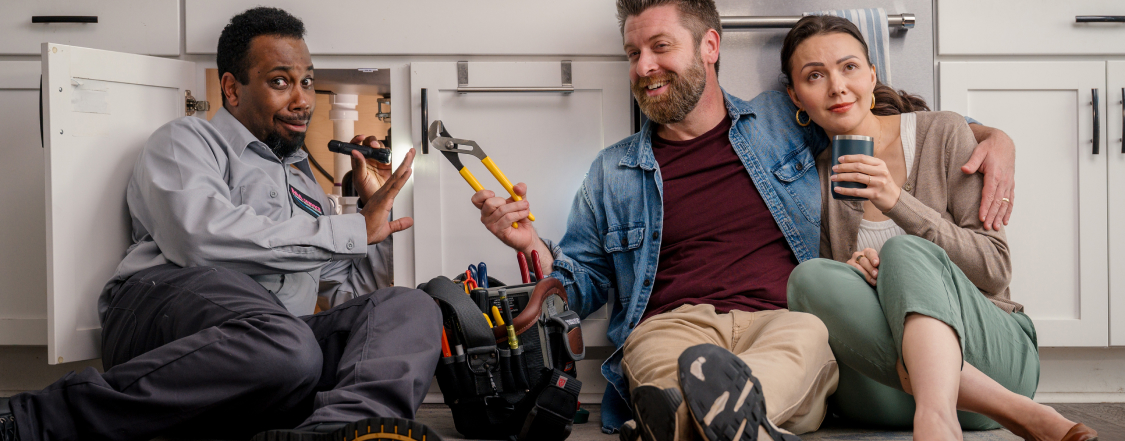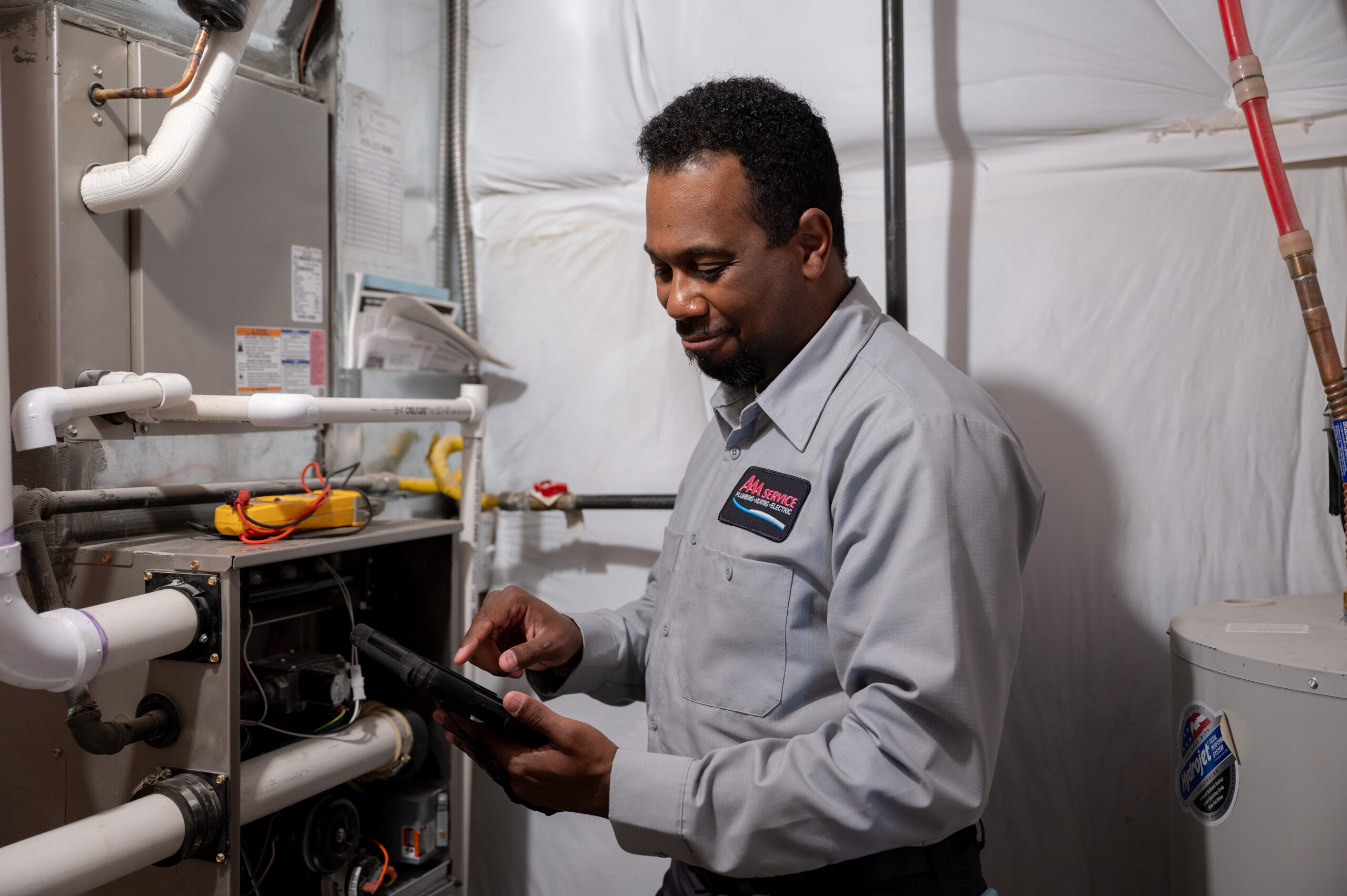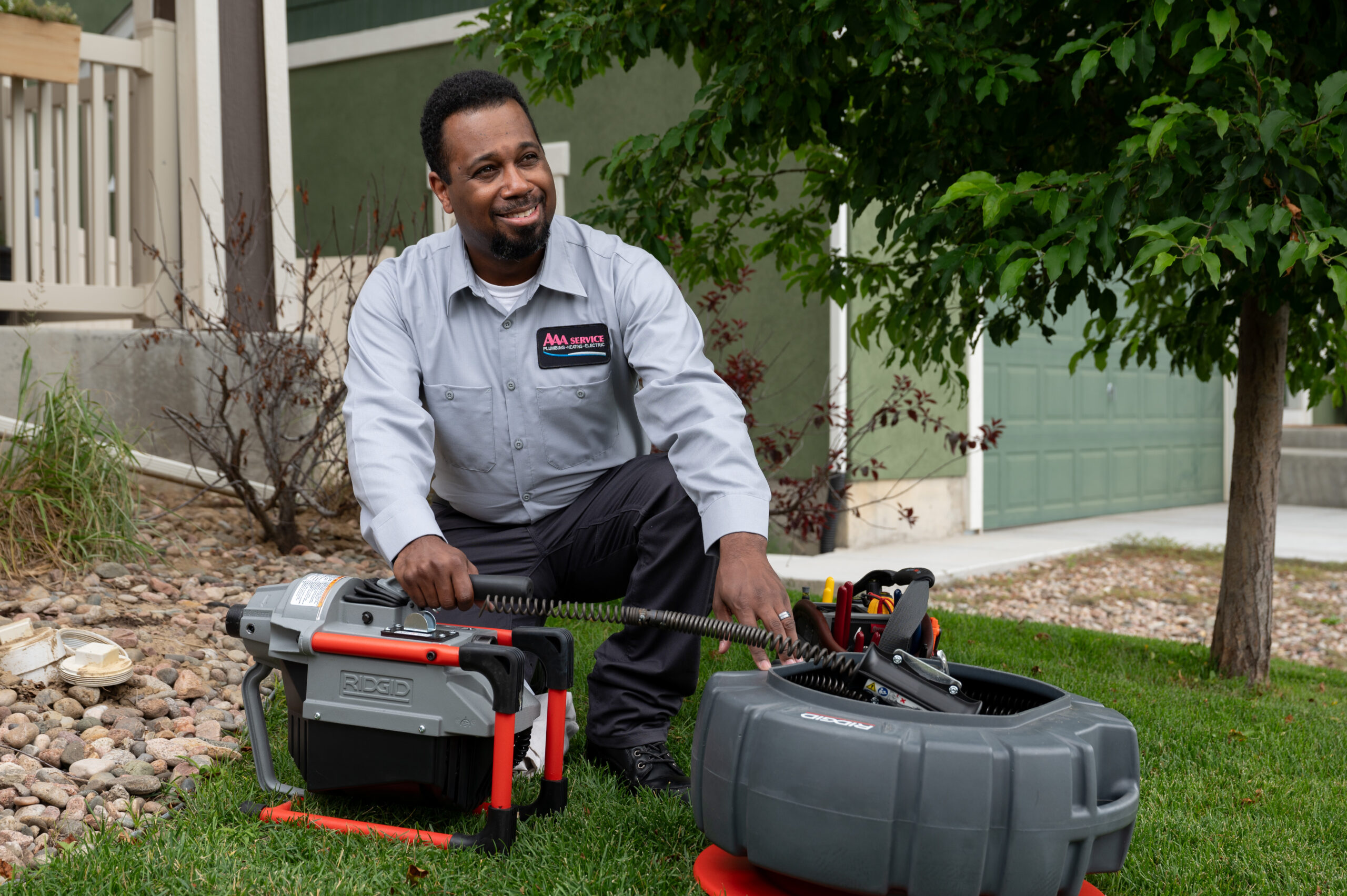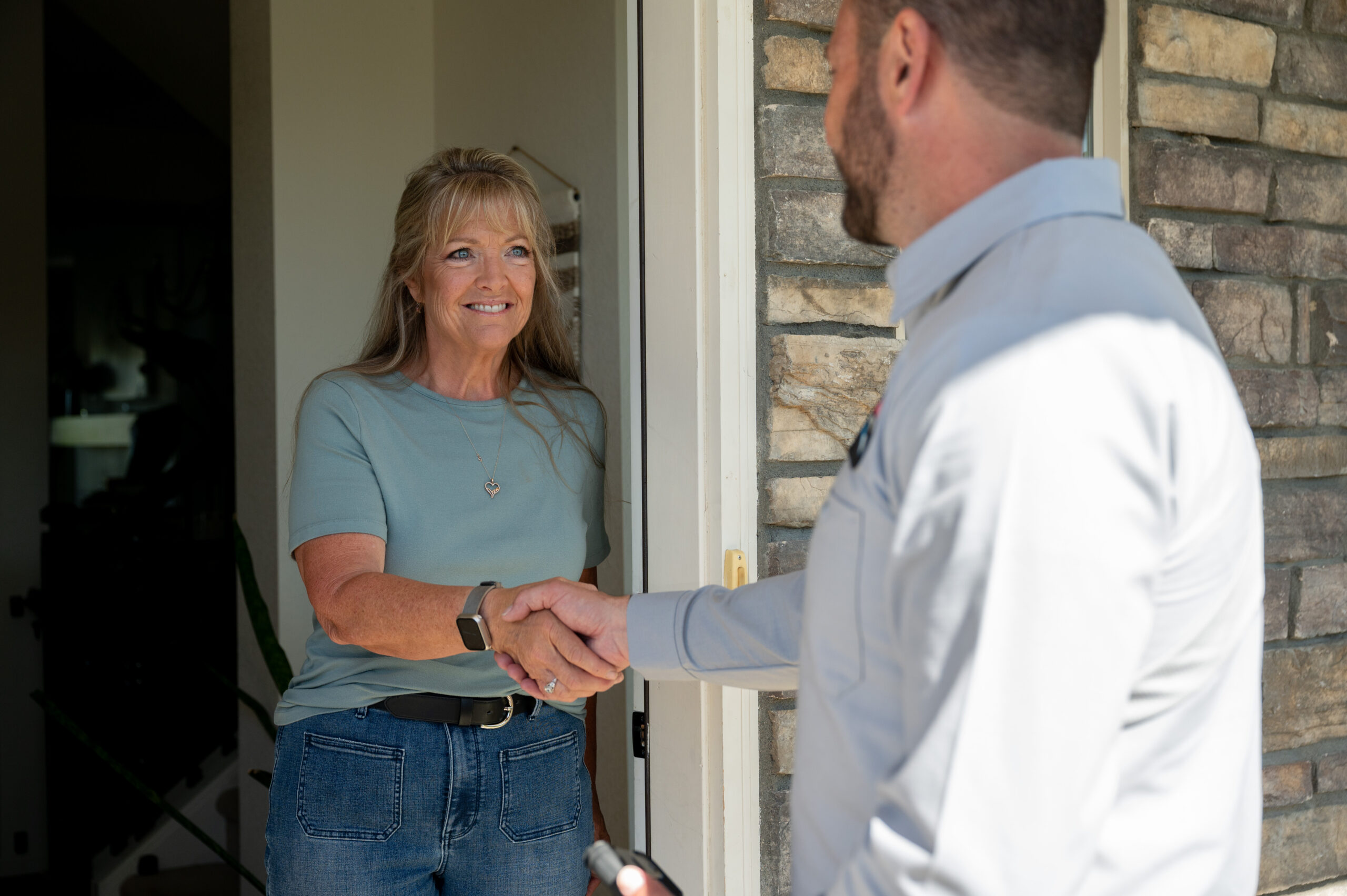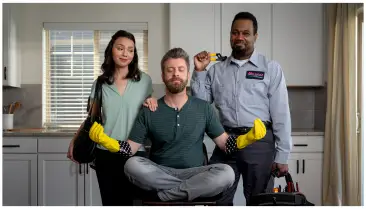Staying Safe at Home
We spend a lot of time in our homes. It’s a place to celebrate, relax, (work for many people), and grow up. As we take care of our homes, we need to pay special attention to safety.
Our homes have many elements working together to keep up comfortable. Plumbing, electricity, HVAC, and more all have elements that could put your family at risk if the proper precautions aren’t taken.
Here’s a comprehensive guide to keeping your home safe for you and your family.
Electrical Safety
Electricity is dangerous and needs proper installation and maintenance in order to work properly.
Replacing Your Electrical Panel
Your electrical panel is the central controller for your home electrical system. Energy moves through the panel and each switch is designed to trip when there is an overload. An overload of electrical energy could cause damage to your appliances or even start a fire.
If your electrical panel has a burning smell, has physical damage, or is over 25 years old, consider upgrading to a new one.
Upgrading Outlets
Electrical outlets are always in use, even when items are not turned on. Therefore, it’s important to have working, safe, and modern outlets that are equipped to handle modern technology.
GFCI or ground fault circuit interrupter outlets are built to cut off power at the outlet in the event of a fault. These outlets are especially important in damp areas and can reduce the chances of electrocution. If you live in a new home, these outlets are required, but if your home is older than 40-50 years, you may still be using outdated outlets.
Carbon Monoxide & Smoke Alarms
Perhaps two of the most important tools in your home are carbon monoxide and smoke detectors. These are life-saving devices that are built specifically for home safety.
Carbon monoxide is an odorless gas that can be fatal at certain levels. Carbon monoxide detectors will alert you when the carbon monoxide is above a safe level, giving you a chance to move to safety. Place an alarm on every floor of your home and make sure to test them monthly.
Smoke detectors should also be installed on every floor of your home, with one inside and outside of each bedroom. Both of these detectors generally expire after 10 years, but it could be sooner. Be on top of when they do expire so you don’t need to worry about your protection.
Plumbing Safety
Plumbing can be dangerous? Yes, it can! Water is a strong force, so ensuring your plumbing is carrying water and waste properly is essential to a safe home.
Water Filtration
In order to maintain a safe and healthy home, your water should be one of the top priorities. Just think about how much water we use for drinking, cooking, bathing, washing, and more.
Hard vs. Soft Water
Water can be hard or soft. Water hardness is determined by the mineral content within the water. Water that has traveled through limestone and other natural elements tends to be harder, and therefore is in need of treatment.
Water hardness isn’t just a taste or preference issue. Excess minerals in your water can cause issues within your pipes and around your plumbing fixtures. Minerals from hard water can start to collect in your pipes and cause clogs. Also, over time, they will gather around your fixtures and start to look like slime taking over your showerhead or faucet.
If you’re not sure if your water is too hard, you can get it tested or order a kit and test it yourself. Common signs of hard water include needing a lot of soap to wash hands or dishes, film covering clean glasses after washing, issues with your water appliances, and strange smells.
A water softener will reduce the mineral content in your water before it reaches your home, therefore reducing buildup and potential damage.
Leak Detection
Leaks, even if just a slow drip, can be dangerous for your home and cause a lot of damage. It’s important to know the signs of a leak so you can get them resolved quickly. Here are some common signs of a leak:
- A spike in your water bill.
- Patches of bright green grass on your lawn.
- Discolored walls, ceilings, or floors.
- Mold and mildew growth.
- Sounds of running water.
Leaks, if left ignored, will worsen over time. A dripping showerhead may not seem like a big deal, but that’s a lot of wasted water. Leaking faucets or toilets can damage your bathroom, which is a lot harder and costlier to fix than just the leak itself.
HVAC Safety
There are two fronts by which to judge HVAC safety: the systems we use and the air we breathe. Here’s what you need to know to keep your home and family safe.
AC Safety
We often throw our air conditioning on in the summer and let the thermostat do all the work. However, it’s important to keep watch over your cooling system in order to get peak performance, stay safe, and save money.
When performing maintenance on your AC, whether it’s cleaning, changing the filter, or something else, make sure the system is turned off completely before starting. You don’t want to have your arm inside the machine when it starts to spin.
Also, any time you inspect your AC, make sure to look for any broken or frayed wires. Whether it’s through wear and tear or a curious animal, a broken wire can derail your AC or be a danger to someone working on it.
Furnace Safety
No matter what fuel you have powering your furnace, safety needs to be top of mind. Electric furnaces are generally safest because there is no combustion happening within the system. Oil and gas are where extra precautions need to be in place.
Clear out any items that are around your furnace, especially anything notably flammable. Also, make sure to change your filters so particle buildup doesn’t hinder your system from working properly.
Indoor Air Quality
Speaking of air filters, let’s talk about indoor air quality. We don’t often think about the air we breathe (unless it smells bad or contains ample amounts of pollen). Luckily, Denver is one of the U.S. cities with a smaller allergy problem, but it still affects many people.
Aside from allergies, poor air quality can impact comfort, health, and well-being. If you live in an area with pollution, make sure your home is equipped with air purification devices, and that you can have adequate ventilation.
Changing your air filters is one of the best ways to improve your indoor air quality. The proper changing schedule depends on usage but is usually between 30 to 90 days. Experiment with your filters to see when is the right time for you.
Air Purifiers
While good air filters usually take care of our indoor air quality, we sometimes need a little help. Air purifiers are good tools for removing excess particles that could harm us. This may be dust, pet dander, pollen, and more. These particles, even if you aren’t allergic to them, can cause respiratory distress and general discomfort.
Air filters can come in whole-home or standalone unit options. If a member of your family has really bad allergies, they may benefit from the standalone, portable option. This allows them to take the devices wherever they go in the home and can be helpful for sleeping. If the whole family has an adverse reaction to your indoor air, a whole-home option may be better.
Providing Exceptional Service and Keeping You Safe
The AAA Service Plumbing, Heating & Electric team is dedicated to keeping your home and family safe — that’s why our team is highly trained and knowledgeable about an array of home services. Contact us today at (303) 313-3333 for Denver’s best service.

